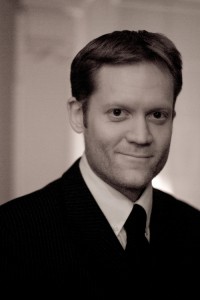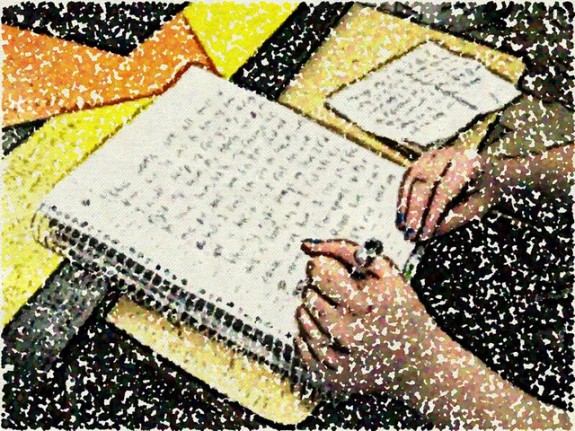On Tuesday, we hosted Random House Editor, Mark Tavani, who spoke about the acquisitions process and what editors look for in submissions.
Today, we get Mark’s take on the author-editor relationship and what it’s like to work with an editor. Without further ado, here’s Part 2 of our Editor Q&A Series this week.
Editors all have personal styles when they work on edits with their authors. What’s your general approach to the author-editor relationship?
I have my style but I always want to be flexible to what each author needs. Some authors feel they need to write the whole thing before I read a word; some do better with feedback as the manuscript develops. Some like to know what questions nag at me after reading; some want very specific suggestions on how to improve what they’ve written. As long as I get what I want–which, ultimately, is the best book an author is capable of writing–I try to adjust the method to an author’s needs and personality.
What advice do you have for writers once they’ve gotten that first round of comments? How should they address that feedback and is there room for negotiation?
There’s room for negotiation, absolutely, as to the specific changes that result, but every bit of input from either side should be in service to the book and not to either side’s ego. An edit is a road map: what matters is the final destination, not so much the points of interest along the way. There should be flexibility in the process, but a steadfast concern for achieving the ultimate goal.
How much input does the writer over how their book is marketed, publicized and promoted?
It varies. In my experience, some authors are very sharp and creative with promotional aspects, while some don’t enjoy it at all. I try always to hear my authors out, and I think it’s a mistake for any publisher not to ask an author’s opinion on how their book can and should be promoted. But I also believe that publishers generally have a very good sense of what works and what doesn’t. This is another part of the process (like editorial) where I think the best answer is an honest and respectful conversation.
Finally, what can writers do before publication to increase the likelihood of their books’ success?
Besides writing the best possible book, an author should acquaint himself or herself with the market into which they hope to publish and they be should visible to and in conversation with other writers and readers, as much a part of the literary community as they can be.
Before I moved to New York, I lived briefly in New Mexico, and when I lived there in that huge and beautiful and almost empty state, I noticed how drivers always waved to each other as they passed on the road. I got the feeling that the regular experience of driving for hours without seeing another vehicle compelled New Mexicans to appreciate the occasional and fleeting company.
Writing’s a little bit like that: it’s a long and lonely road through beautiful but difficult terrain, and it can serve a writer well to lift a hand from the dash when speeding past a fellow scribe.
 Mark Tavani is an Executive Editor, Vice President, and the Editorial Director of Fiction at Ballantine Bantam Dell, a division of Random House. Having studied creative writing at the University of Pittsburgh, he joined BBD in 2000, and his varied interests have led him to acquire commercial fiction, literary novels, narrative nonfiction, and a book about a 5-foot, 9-inch journalist who becomes a sumo wrestler. He works with bestselling and award-winning authors including Jim Abbott, Steve Berry, Justin Cronin, George Dohrmann, Aaron Fisher, Jack McCallum, and China Mieville. He lives in Rutherford, New Jersey with his wife and daughters.
Mark Tavani is an Executive Editor, Vice President, and the Editorial Director of Fiction at Ballantine Bantam Dell, a division of Random House. Having studied creative writing at the University of Pittsburgh, he joined BBD in 2000, and his varied interests have led him to acquire commercial fiction, literary novels, narrative nonfiction, and a book about a 5-foot, 9-inch journalist who becomes a sumo wrestler. He works with bestselling and award-winning authors including Jim Abbott, Steve Berry, Justin Cronin, George Dohrmann, Aaron Fisher, Jack McCallum, and China Mieville. He lives in Rutherford, New Jersey with his wife and daughters.







